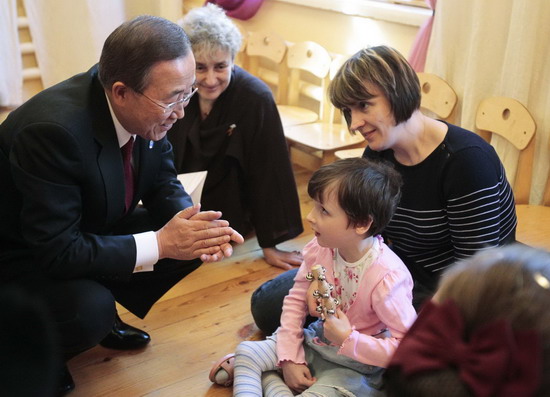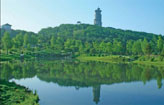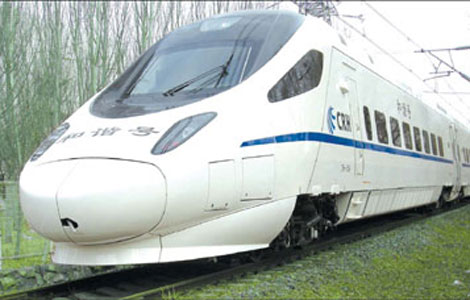Politics
UN chief sets conditions for Sri Lanka probe
Updated: 2011-04-26 09:32
(Agencies)
|
 United Nations Secretary-General Ban Ki-moon (L) talks to a child at a rehabilitation centre in Moscow while visiting a United Nations Children's Fund (UNICEF) project for sick children as part of his official trip to Russia, April 21, 2011. [Photo/Agencies] |
UNITED NATIONS - UN Secretary-General Ban Ki-moon said he lacks the authority to personally order a probe into the mass killings of civilians in the final months of Sri Lanka's civil war, as a report recommended on Monday.
A human rights group disagreed with Ban's description of his limited powers, saying he has the authority to push ahead.
A panel appointed by Ban said in the report on the 2008-2009 fighting in northeastern Sri Lanka that it found evidence that the government and the Liberation Tigers of Tamil Eelam were guilty of war crimes and recommended that those crimes be investigated and suspects prosecuted.
It urged him to proceed to establish "an independent international mechanism" to investigate the quarter-century war's final stages.
But Ban said that he could not on his own follow the recommendation of his advisory panel in the more than 200-page report, which has been rejected as biased and fraudulent by the Sri Lankan government.
"In regard to the recommendation that he establish an international investigation mechanism, the Secretary-General is advised that this will require host country (Sri Lankan) consent or a decision from member states through an appropriate intergovernmental forum," Ban's spokesman Martin Nesirky said.
In other words, without the consent of the Sri Lankan government or a decision by the UN Security Council, General Assembly, Human Rights Council or other international body, Ban will not move to set up a formal investigation of the civilian deaths.
UN officials concede that Colombo would never consent to such an investigation of its conduct in the conflict. Sri Lanka is not a member of the International Criminal Court, which means The Hague-based court would require a referral by the Security Council to investigate any possible war crimes there.
RIGHTS GROUP: BAN CAN ORDER PROBE
Ban urged Sri Lanka to pursue its own "genuine investigations."
The council has only referred two previous situations to the ICC, the conflict in Sudan's western Darfur region and Libya's violent crackdown against anti-government rebels that sparked an uprising and a Security Council decision to impose a no-fly zone over Libya.
Philippe Bolopion of rights advocacy group Human Rights Watch disagreed with Ban's assessment. Despite Russian and Chinese reluctance, other Security Council members would support a formal UN investigation, he said.
"Ban should now follow the panel's advice and set up an independent international mechanism that will investigate alleged violations," he said in a statement.
"While we think such intergovernmental support would be highly desirable, we don't consider it necessary to the creation of an investigative mechanism by (Ban)," he said.
Council diplomats said it was highly unlikely that the council would direct Ban to investigate the Sri Lankan war or refer the case to the ICC, though it might encourage the government to pursue a fuller investigation on its own.
Veto powers Russia and China, as well as India, are among the council members opposed to formal Security Council involvement in the case of Sri Lanka, diplomats told Reuters.
Much of the report was leaked to the Sri Lankan press this month after an advance copy was sent to Sri Lanka's government.
Though the panel blames both sides for deaths, the elimination of the LTTE's leadership by the government and its definitive defeat of the insurgency in May 2009 means that only government forces would be held accountable, should any inquiry arise.
The report specifically accuses the government of widespread shelling including targeting field hospitals, denial of humanitarian aid, and rights violations against people inside and outside the conflict zone.
The report says there is no authoritative figure for civilian deaths in the final phase of the war, but "multiple sources of information indicate that a range of up to 40,000 civilians deaths cannot be ruled out at this stage."
Specials

Models gear up car sales
Beauty helps steer buyers as market accelerates.

Urban breathing space
City park at heart of industrial hub positions itself as top tourism attraction

On a roll
Auto hub Changchun also sets its sight on taking lead in railway sector